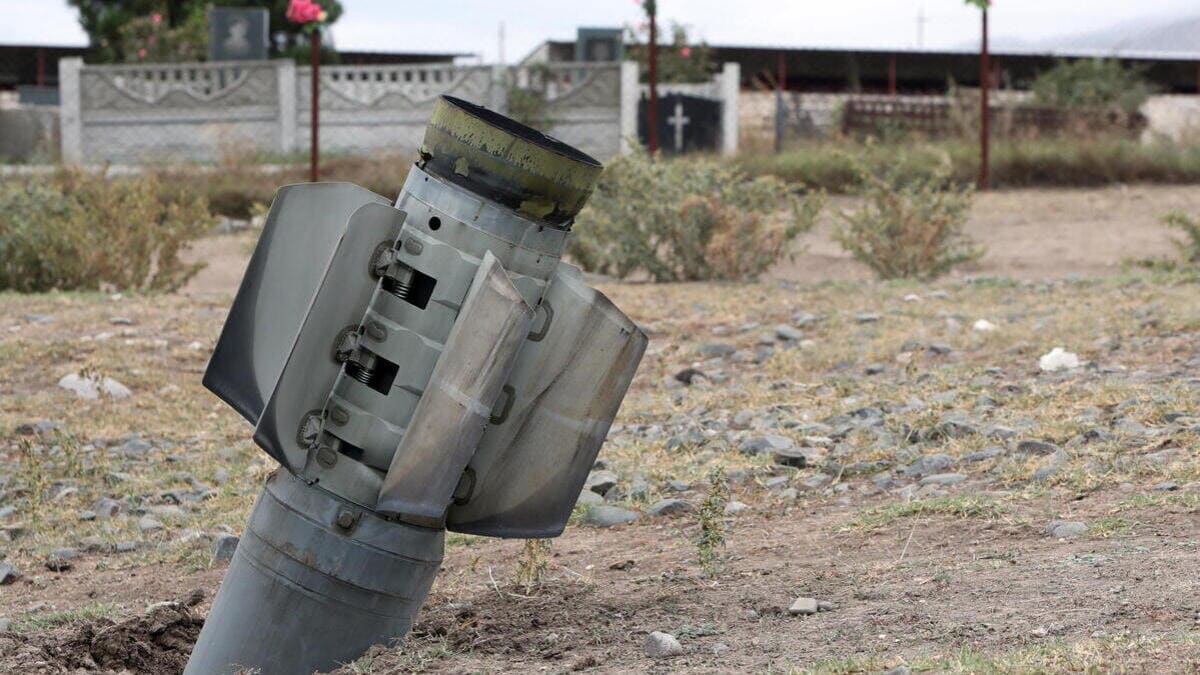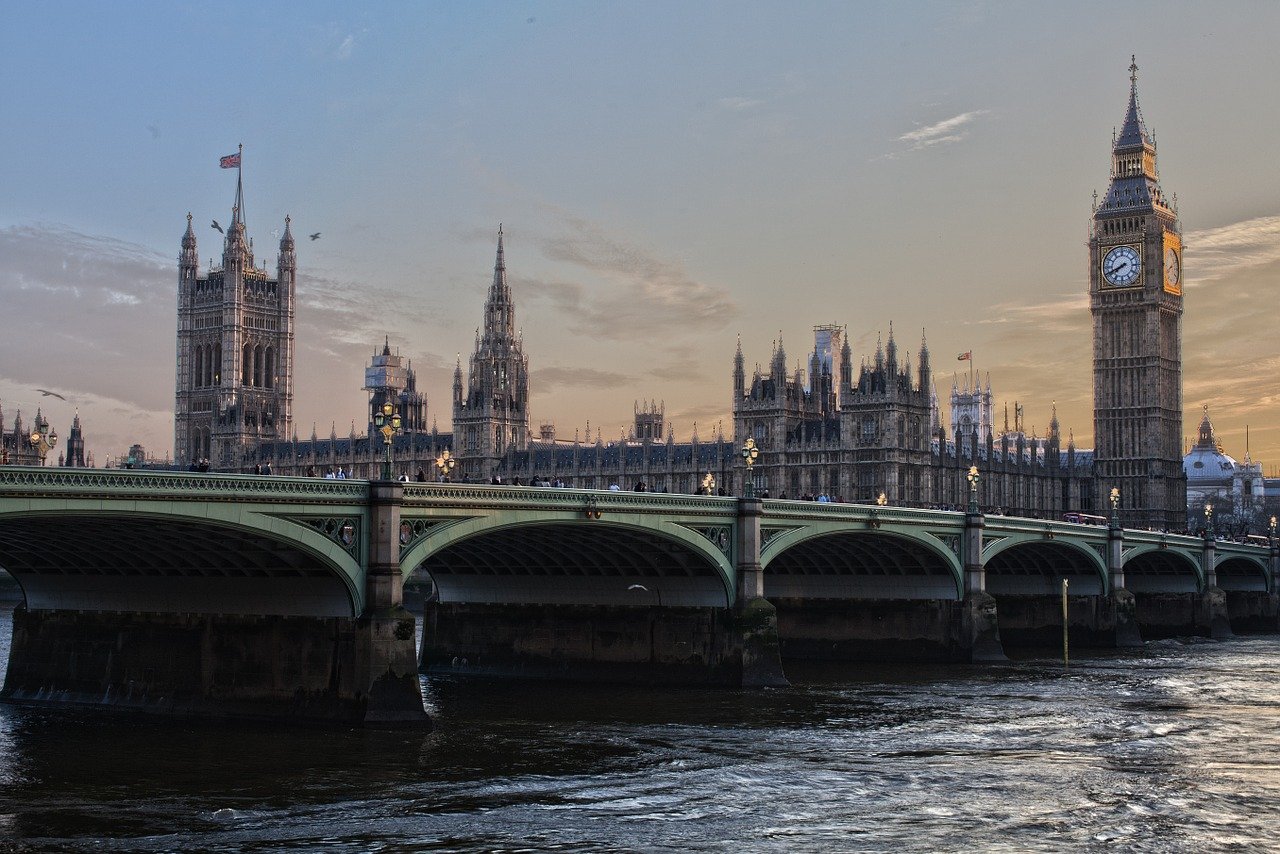Il periodo di riflessione che le leggi di alcuni Paesi impongono alle mamme prima di abortire funziona in un numero significativo di casi. La conferma arriva dall’Irlanda. Secondo i dati diffusi dal ministero della Sanità, circa il 20% di donne che inizialmente avevano fatto richiesta per abortire ha poi cambiato idea.
La legge irlandese, entrata in vigore nel gennaio 2019, prevede che tra la prima consultazione e l’eventuale intervento chirurgico di soppressione del bambino nel grembo della propria mamma debba intercorrere un periodo appunto di riflessione di almeno tre giorni. Questo qualora si abbia intenzione di praticare l’aborto nel primo trimestre di vita del bimbo nell’utero materno, cioè quando la legge consente l’aborto per un motivo qualsiasi. Infatti, per gli aborti previsti nel secondo e nel terzo trimestre, cioè quelli che vengono praticati in caso di diagnosticata malformazione del feto o di pericolo per la salute della madre, la legge non richiede alcun periodo di riflessione.
Rispondendo a una interrogazione presentata dal deputato Carol Nolan, molto attiva sul fronte pro life, il Ministero irlandese ha rivelato che nel Paese lo scorso anno sono stati praticati 6.455 aborti nel primo trimestre di vita del bimbo a fronte però di un numero di donne che ne aveva fatto richiesta molto più alto: 8.057. Quindi oltre 1.600 mamme hanno desistito e dato alla luce i propri figli. Si tratta quasi del 20%, un dato significativo che mostra l’efficacia del periodo di riflessione imposto dalla legge in vigore.
Certo, è possibile che alcune di quella mamme abbiano abortito all’estero, dopo una prima visita in Irlanda, ma qualora fosse, si tratterebbe di una percentuale molto piccola, viste le restrizioni in vigore lo scorso anno a causa del CoViD-19, per quanto riguarda sia i viaggi sia l’accesso ai servizi sanitari. D’altronde l’Irlanda, proprio dall’inizio della pandemia, consente la consultazione a distanza con il medico e l’aborto nel primo trimestre di vita del piccolo viene effettuato nella maggioranza dei casi non chirurgicamente in ospedale o in clinica, bensì mediante la pillola abortiva RU486. Non vi sono cioè ostacoli veri per chi voglia abortire, anche a casa, tranne quel periodo di riflessione.
I dati diffusi dal ministero della Sanità sono importanti giacché fra qualche settimana il parlamento irlandese metterà in discussione l’attuale legislazione sull’aborto, in vista di possibili, probabili cambiamenti. Ogni tre anni, infatti, la legislazione viene revisionata e tra le disposizioni che gli attivisti pro choice vorrebbero abrogare c’è proprio quella riguardante detto periodo obbligatorio di riflessione di tre giorni, che, a loro dire, sarebbe un inciampo oneroso alla scelta della donna.
Ma i dati mostrano appunto il contrario. La pausa serve a ponderare e, a volte, a riconsiderare la scelta di abortire, proprio perché tale scelta è (ovviamente) irreversibilmente letale. Dato che diverse donne prendono in considerazione l’interruzione della gravidanza nutrendo comunque dubbi forti, la pausa e la riflessione le aiutano a prendere coraggio per scegliere alla fine la vita piuttosto che la morte.
D’altronde un periodo di pausa così è previsto dalle legislazioni di molti Paesi. In Italia, per esempio, la pausa è di sette giorni, più del doppio che in Irlanda. In Belgio è di sei e cinque nei Paesi Bassi, mentre tre in Spagna e Portogallo. Non esiste invece nel Regno Unito, anche se un sondaggio del 2017 mostra che il 79% della popolazione sarebbe favorevole a istituirlo per un periodo di cinque giorni.
Chi sa quante vite vengono stroncate per una decisione affrettata e quante madri, poi pentite, piangono i propri figli abortiti. Se, come dimostrano i dati irlandesi, un quinto delle donne cambia intenzione dopo una prima visita, è anche grazie a questo periodo di riflessione. Abrogarlo significherebbe togliere un’opportunità di scelta a tutti, anche a chi considera l’aborto un diritto.
Proprio il mondo femminile che considera l’aborto un diritto (che non è la totalità del mondo femminile, che non è forse nemmeno la sua maggioranza) afferma che nessuno è “a favore dell’aborto”, dunque che distinguere fra pro life e pro aborto sarebbe capzioso. Tant’è che il mondo filoabortista si autodefinisce pro choice (come se invece chi è pro life non scegliesse la vita). Quello stesso mondo aggiunge pure che tutti, compreso chi considera l’aborto un diritto, è di per sé a favore della vita, non vuole la morte e ritiene dunque l’aborto una sorta di extrema ratio. Bene. Allora dovrebbe essere per primo il mondo femminile che considera l’aborto un diritto a volere a tutti costi una pausa di riflessione per le mamme che hanno intenzione di agire in modo irreversibilmente letale per il bimbo che portano in grembo. Una pausa quanto più lunga possibile.








